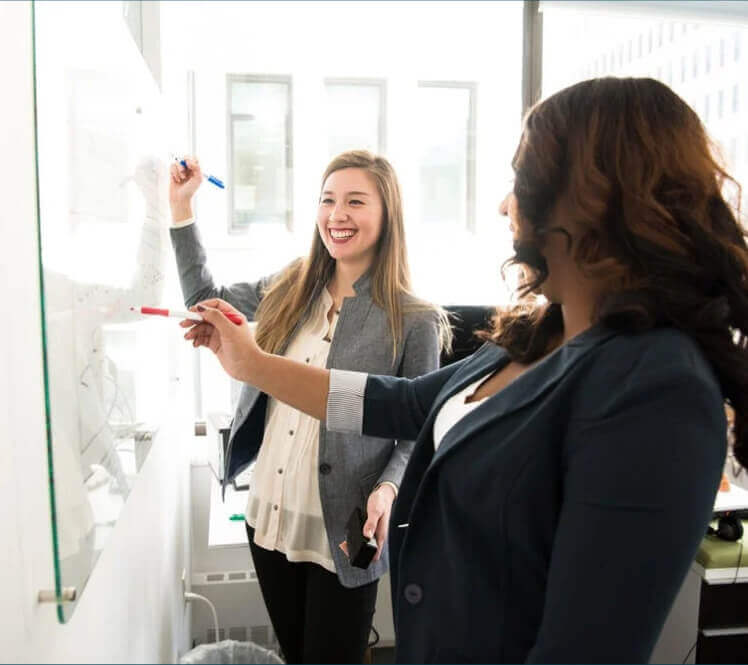Upcoming Webinars
Upedia webinars target the issues that matter most to you and your organization. They are available to members and non-members of Upedia who have an interest in child life.
Join Upedia today to receive registration details for our upcoming webinar events.


